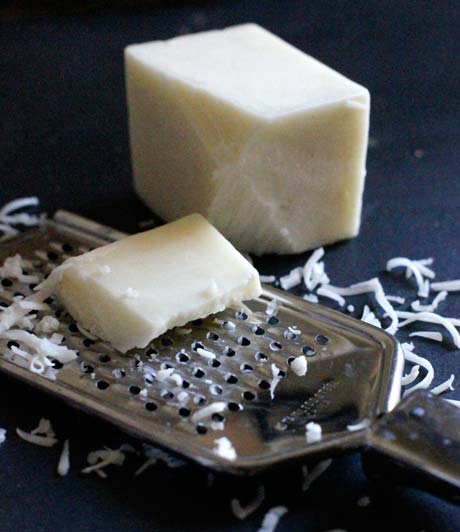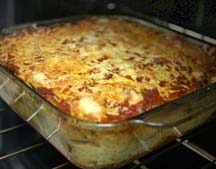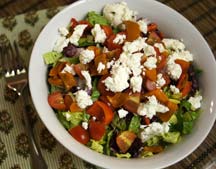Compared to cow dairy, goat milk also tends to be easier to digest! There is a bit of confusion surrounding the reasons why– with rumors that it is free of lactose or casein– so let’s set the record straight. — Here’s why goat milk is better for digestion:
- Smaller Fat Molecules. The fat molecules in goat milk are shorter, making them easier for the body to assimilate. These smaller fat molecules are suspended throughout goat milk, making it “naturally homogenized,” while cow milk contains larger fat molecules that naturally separate and form the thick layer of cream found on top of non-homogenized milk. The smaller the fat molecules, the easier they are digested, which gives goat milk a digestive edge. —
- Different Protein Structure. All types of milk contain casein proteins, but the composition of these proteins can vary greatly between different animals. Goat and sheep milks have a very similar protein structure, but when compared to the protein in cow milk, they both contain significantly less of the alpha S1 casein protein, which is associated with allergies. In fact, this study suggests that goat milk may be a hypoallergenic alternative to cow milk, particularly for children: —
- Less Lactose. Goat milk contains slightly less lactose than cow milk (4.1 percent vs. 4.7 percent) which may give it a mild advantage when it comes to digestion. The fermentation process used to make cheese and yogurt also reduces the lactose, which explains why some people with lactose issues can enjoy certain fermented dairy products. The longer a cheese is aged, the less lactose it will contain. — Though it may not impact digestion, goat milk also offers 13% more calcium than cow’s milk, along with 25% more vitamin B-6, 47% more vitamin A, 134% more potassium and 350% more niacin. It is also higher in minerals like chloride, copper and manganese, and contains 27% more of the essential element selenium. Note: I prefer to consume raw goat cheese, when possible, as the raw enzymes seem to help with the digestive process. The FDA requires that cheese made from raw, unpasteurized milk must be aged for 60 days to be considered “safe” for public sale in grocery stores, and this aging process allows the acids and salt found in cheese to naturally destroy harmful bacteria, without the use of heat. — My favorite aspect of goat dairy? It makes vegetables taste delicious! (And anything that makes me eat more vegetables is a good thing in my book.) Some of my favorite ways to enjoy them together include: I hope this clears up any confusion, and encourages you to try goat or sheep versions of your favorite cheeses and yogurts, if you haven’t already! Eggplant & Goat Cheese Lasagna Better Broccoli Cheddar Soup My Favorite Salad — Reader Feedback: Are you a fan of goat cheese?






